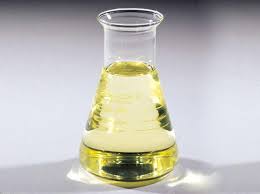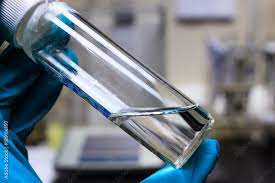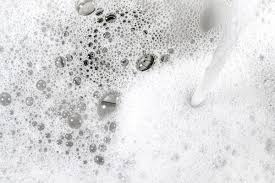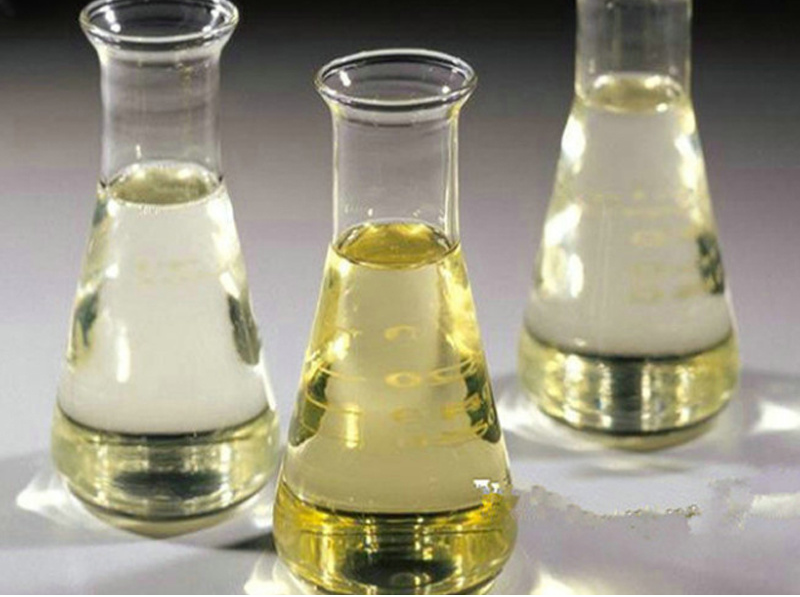**The Secret Life of Surfactants: Tiny Molecules with Big Jobs**
(What Is The Role Of Surfactant?)
Imagine scrubbing a greasy pan without soap. It’s a nightmare. Grease clings stubbornly to metal. Water alone can’t break through. Now picture adding dish soap. Suddenly, the grease lifts away. This magic happens thanks to surfactants. These tiny molecules are everywhere—in soap, lotion, medicine, even your lungs. Let’s break down how they work and why they matter.
Surfactants are molecular multitaskers. Their name comes from “surface-active agents.” They love hanging out at the boundary between two things, like oil and water. One end of a surfactant molecule is attracted to water. The other end shuns water and clings to oils or fats. This split personality lets them act as mediators. They reduce tension between substances that normally hate each other.
Take cleaning. Grease and water don’t mix. Surfactants step in. Their oil-loving tails latch onto grease. Their water-loving heads face outward. This forms tiny bubbles called micelles. These micelles trap grease, letting water wash it away. Without surfactants, soap would be useless. Your dishes would stay greasy. Your laundry would never get clean.
Surfactants aren’t just for cleaning. They’re vital in your body. Your lungs produce a natural surfactant. It coats the air sacs, keeping them from collapsing when you exhale. Without it, breathing would require huge effort. Premature babies sometimes lack enough lung surfactant. Doctors give synthetic versions to help them survive.
Food and cosmetics rely on surfactants too. Mayonnaise stays creamy because surfactants in egg yolks bind oil and vinegar. Ice cream stays smooth because surfactants prevent ice crystals from forming. Lotions use them to mix oils and water, so your skin gets hydration without feeling greasy.
Even nature uses surfactants. Some plants release them to help rainwater slide off leaves. This prevents fungal growth. Certain bacteria produce surfactants to break down oil, which helps clean up oil spills. Scientists study these natural surfactants for eco-friendly solutions.
Surfactants have a dark side. Some synthetic versions harm the environment. They don’t break down easily. They can poison fish or create toxic foam in rivers. This pushes companies to develop biodegradable options. Plant-based surfactants from coconut or corn are gaining popularity. They clean well without lingering in ecosystems.
The future of surfactants is exciting. Researchers tweak their structures for specific jobs. Some surfactants deliver drugs directly to cancer cells. Others help capture carbon dioxide to fight climate change. There’s even work on surfactants that repair damaged tissues.
(What Is The Role Of Surfactant?)
Surfactants are quiet heroes. They work behind the scenes, making daily life possible. They turn impossible mixtures into stable solutions. They save lives in hospitals and protect the environment. Next time you wash your hands or slather on lotion, remember the tiny molecules doing the heavy lifting. Their role is small in size but massive in impact.
Inquiry us
if you want to want to know more, please feel free to contact us. (nanotrun@yahoo.com)



